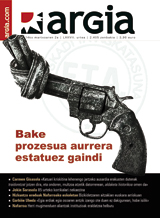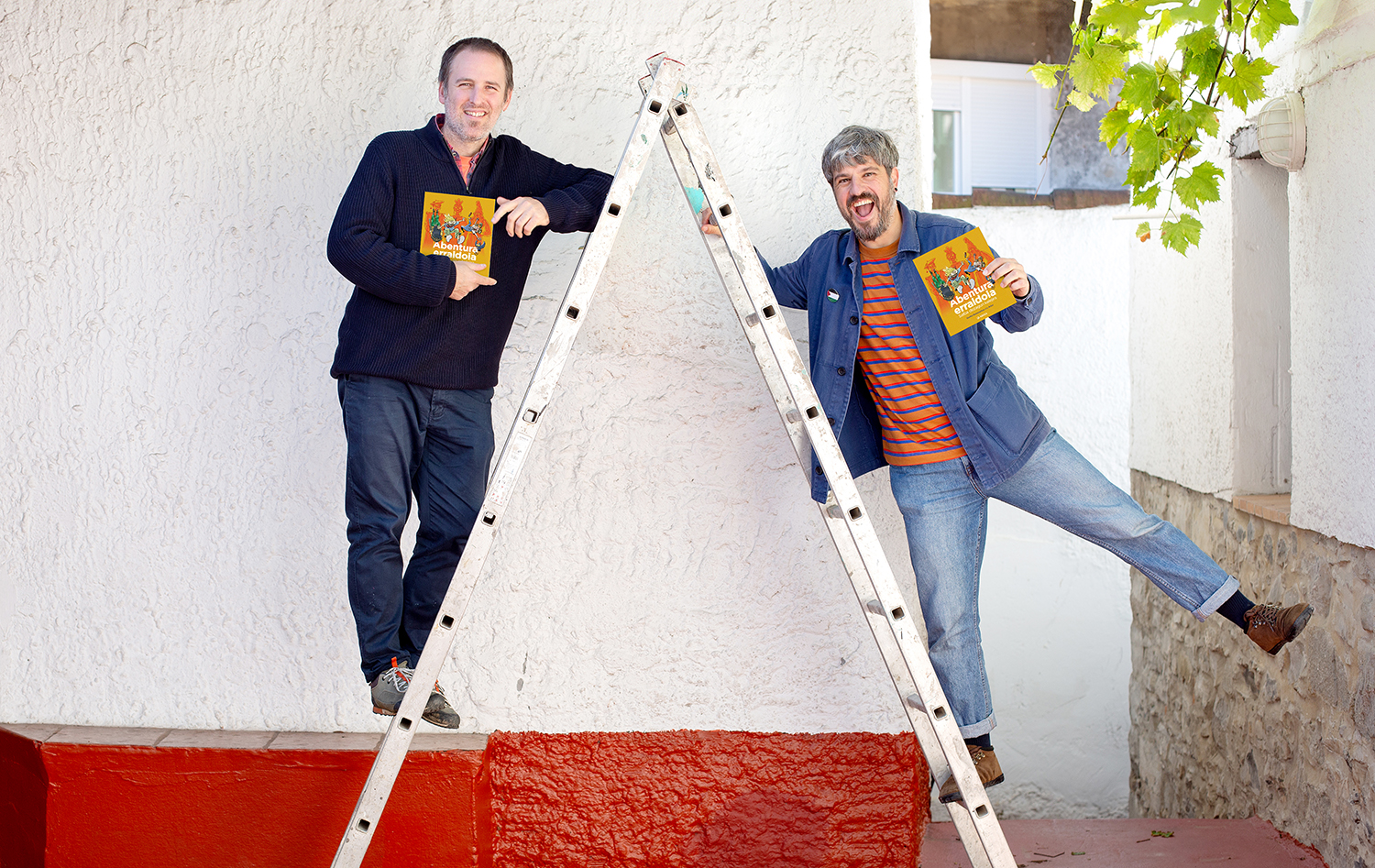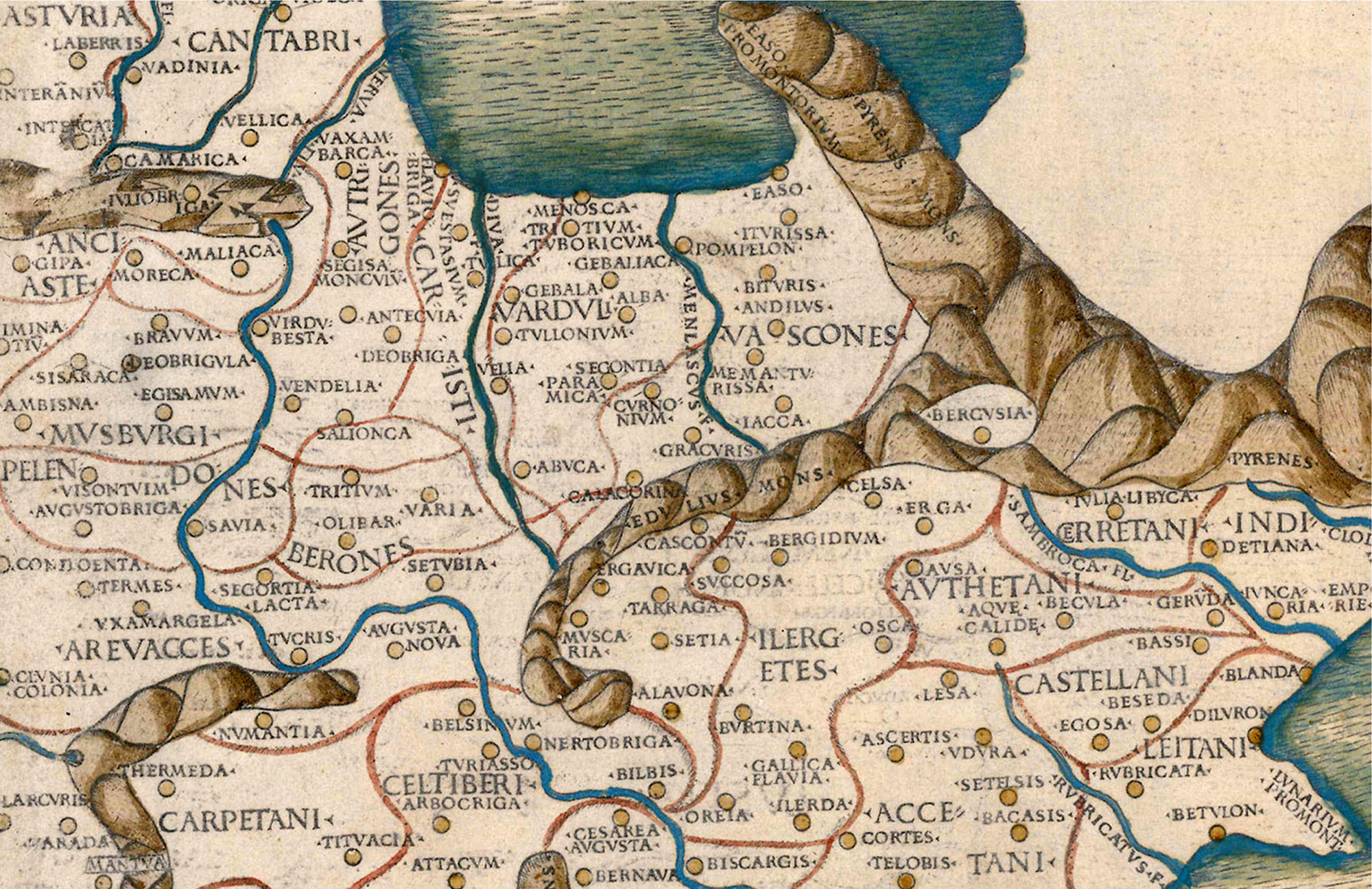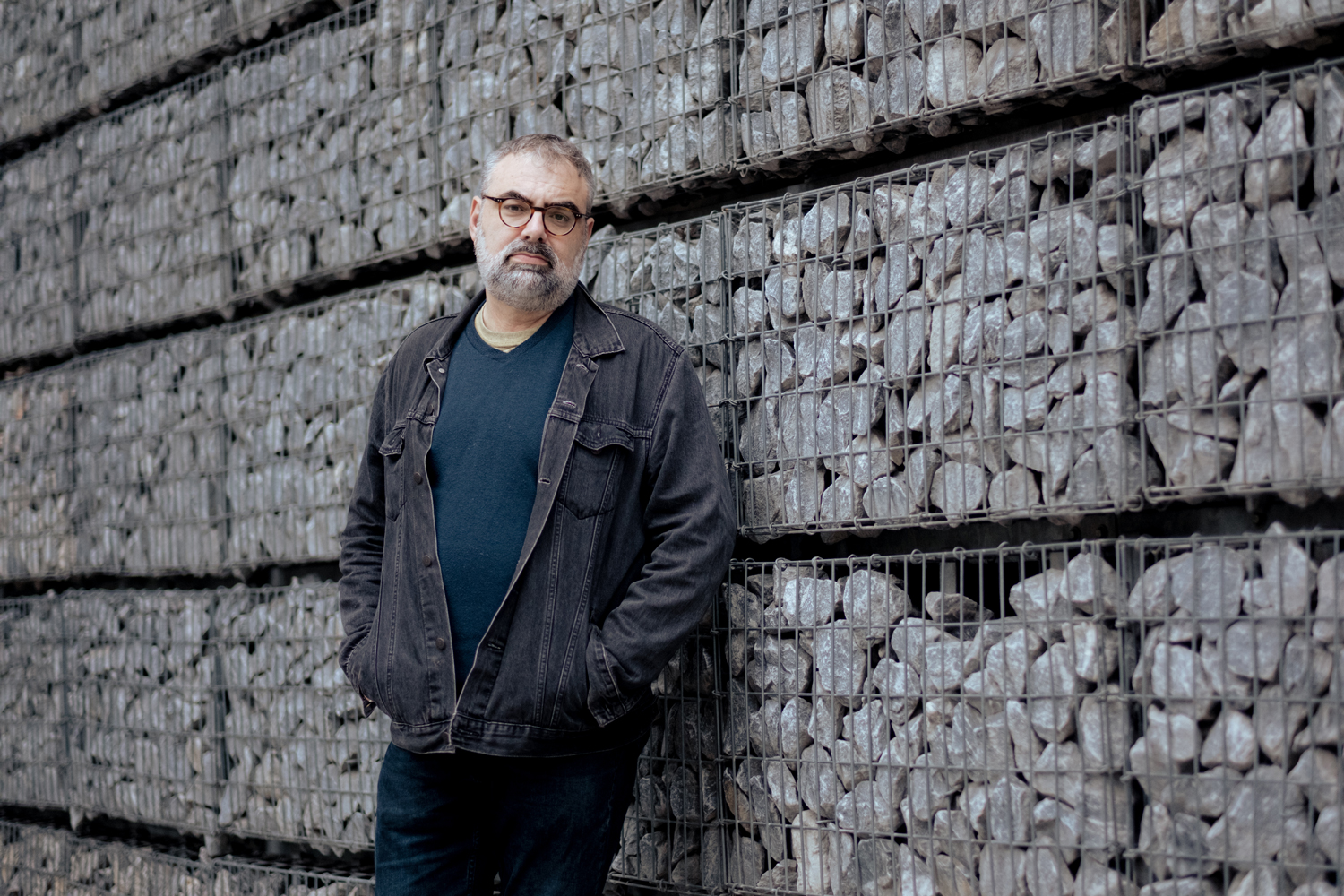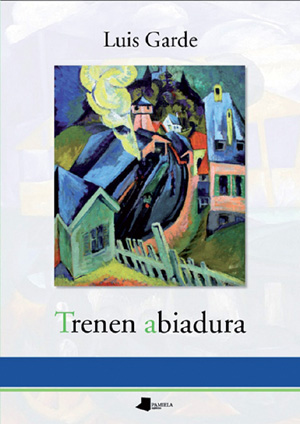
I read the speed of trains and thought about Unplugged (Kutxa Foundation, 2009). On that occasion, Luis Garde used poetry as a resource to explore areas we cannot reach. On the pages of Argia we believed that “all the apparatuses, the hurries and the voids of modern life” emerged, but, after all, leaving the old questions of always: Where are we going? In what hole is everything lost? How can you heal the wounds of sadness?
Once again, the poet has come out on a journey with the intention of understanding things and has returned with empty hands. He has only been able to return to us his interior landscape. The journey is in us, everything changes as the train progresses. The train windows also return with their own reflection.
The speed of trains is an exercise that is resolved in two parts and that is opposed to us in this almost monolithic. The first poem is part of Paul Valéri’s quote, according to which “man today would not have invented poetry.” It is another way of saying that things are short and ephemeral. Poetry is a delicate invention, our pure thought.
In the second poem, the writer sees on the small YouTube screen how the Trans-Berian train passes, while he heads to Venice: “That unknown girl who had left the rails in an alley of Venice./ In the dream that followed my Sadness/ with that horrified girl lost in a nightmare/ I ran back and forth.”
Garde enters and leaves the imagination to reality. Sometimes he is no one and sometimes he takes everything, everything looks like his dream and his paradox. The book ends with such a beautiful unknown, that the Siberian train and venom move further and further away, remote bodies, hearts and even the increasingly lonely writer himself... On the symbolic journey, Garde melts, the one who traveled has come back from there, has known the pain of others. “Everyone in the sweat of their pain/ drenches the people around them.”
The book has beautiful details, it is an exercise very worthy of applause about eternity. I have not fully understood some wordings about the Soviet system, and I find some metalworking considerations insignificant. Instead of compressing and facilitating rattle, the writer becomes as lost without a clear objective, neither aesthetic nor expressive, and in such cases becomes melancholic. Excessive random intellectualization.
Leaving behind books, libraries and their benefits in April, Kabiak Sahrawi wishes to recall the dark side of his history, which is of greater importance in defending the identity and survival of peoples. We are talking about the destruction of the age-old and usual libraries... [+]









